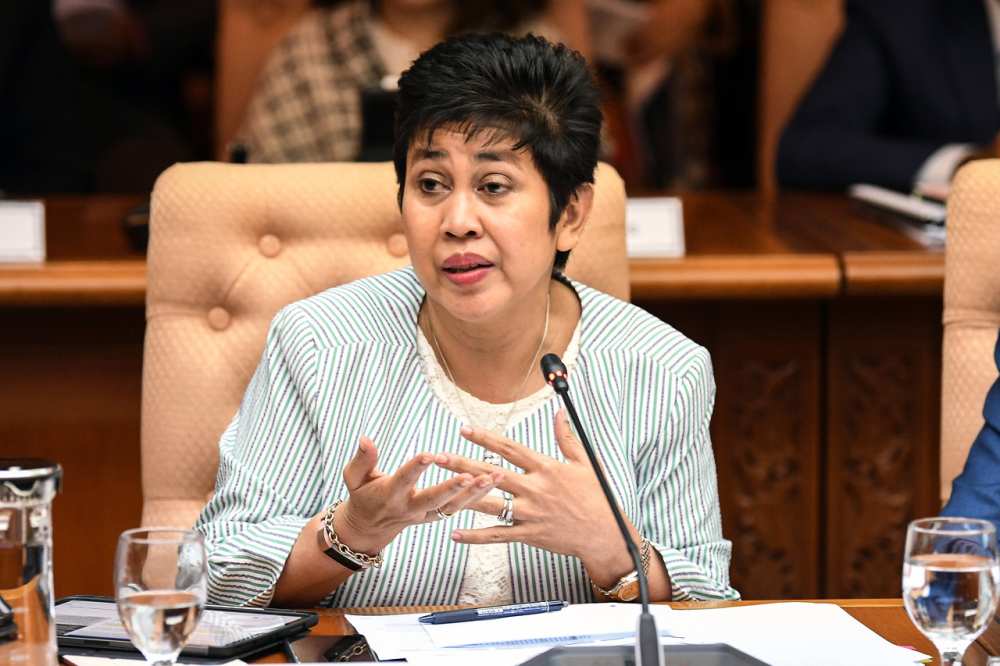KUALA LUMPUR, Feb 11 — The 2021 economic outlook will be published in Bank Negara Malaysia's (BNM) annual Economic & Monetary Review report to be released next month, said governor Datuk Nor Shamsiah Mohd Yunus.
"In accordance with tradition, we will firm up this year's growth forecast next month when we release our Economic & Monetary Review 2020,” she told reporters during a virtual media conference to announce the fourth quarter (Q4) 2020 GDP today.
Previously, the national Gross Domestic Product (GDP) was projected to grow by 6.5 to 7.5 per cent this year.
She said there had been many developments since the earlier forecast, from the resurgence of Covid-19 as well as vaccine, global economic and demand developments; hence the central bank was continually assessing new data.
Near-term growth this year was expected to be affected by the reintroduction of stricter containment measures but the impact would be less severe than that experienced in 2020, Nor Shamsiah said.
Overall, the economy would recover in 2021 supported by improved global demand and gradual normalisation in domestic economic activities, she said during the release of the fourth quarter (Q4) 2020 GDP, which was held virtually today.
In addition, she said growth would also be supported by a turnaround in public and private expenditure.
The International Monetary Fund (IMF) has also recently revised upwards its 2021 global growth forecast by 0.3 percentage point to 5.5 per cent.
Malaysia’s economy shrank 3.4 per cent in Q4 2020 with the Covid-19 resurgence, bringing the full-year contraction to 5.6 per cent.
On the ringgit, Nor Shamsiah said it recorded an overall appreciation in 2020. The domestic currency strengthened by 3.6 per cent against the US dollar during Q4 last year, driven mainly by non-resident portfolio inflows as investors’ risk appetite continued to improve.
The positive investor sentiment during the quarter was driven by news of successful vaccine trials and the rollout of vaccination programmes in major economies, as well as greater clarity on US policy direction following the outcome of the US presidential election.
From Jan 1 to Feb 8, 2021, the ringgit depreciated by 1.2 per cent against the greenback in line with broad-based weakening in major and regional currencies.
She said foreign direct investment (FDI) registered a net inflow in the Q4 2020, driven mainly by higher equity injection in debt instruments.
About RM13 billion equity injection was recorded last year, and Malaysia also saw a higher reinvestment of profits of RM3 billion compared with RM1.8 billion in 2019.
“The vaccine roll-out, which will commence this month, is also expected to lift sentiments,” she said.
Nor Shamsiah said as global business conditions improved in 2021, investment activity would gradually recover.
“Global economy is expected to rebound and this would spur investment in export-oriented industry,” she noted.
Meanwhile, the average headline inflation was at -1.2 per cent in 2020 due mainly to the substantially lower global oil prices.
“For 2021, headline inflation is projected to average higher, primarily due to higher global oil prices,” she said, adding that the underlying inflation was expected to remain subdued amid continued spare capacity in the economy.
The outlook, however, is subject to global oil and commodity price developments.
As for the Overnight Policy Rate (OPR) stance, Nor Shamsiah said the 125-basis point reduction in OPR last year would continue to provide stimulus to the economy in 2021.
“At 1.75 per cent, the MPC considers the stance of monetary policy is appropriate and accommodative,” she said when asked on possible further cuts by the central bank. — Bernama



















